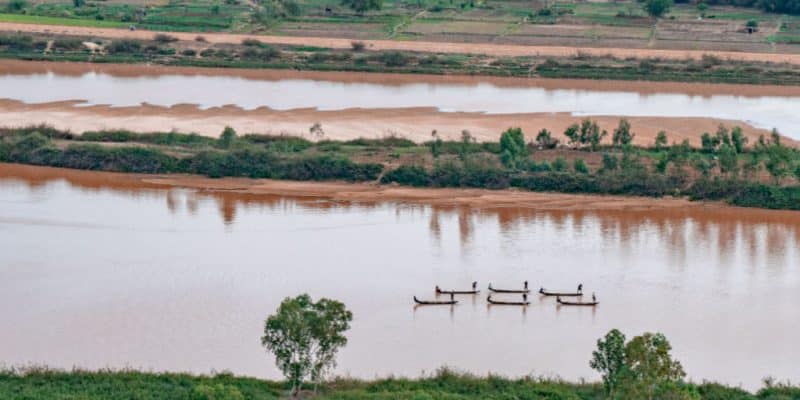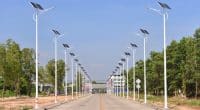Niger has announced its forthcoming accession to the Convention on the Protection and Use of Transboundary Watercourses and International Lakes of the United Nations Economic Commission for Europe (UNECE). The country, which shares 90% of its water resources with its neighbours, wants to better manage them in the face of current challenges, notably climate change.
The legal framework of the Convention on the Protection and Use of Transboundary Watercourses and International Lakes has attracted a new member. This is Niger, which shares 90% of its water resources with neighbouring countries, such as Algeria and Libya to the north, Chad to the east, Nigeria and Benin to the south, and Burkina Faso and Mali to the west. Niger’s wish to join the Water Convention was recently announced by the United Nations Economic Commission for Europe (UNECE).
By joining the Helsinki Water Convention, Niger will benefit from UNECE’s support in setting up its regional legal frameworks for transboundary water management.
Towards legal coverage of Lake Chad
The Convention will also provide a “solid” basis to help the West African country mobilise financing and reduce the risks of investment in water infrastructure, in a context marked by multiple challenges, including population growth. According to the UN, Niger has an annual population growth rate of almost 4%. Added to this are urbanisation, the intensification of irrigated agriculture and increasing industrialisation. These factors are likely to lead to more conflicts and greater dependence on groundwater resources.
The UN says that the sustainability of these transboundary resources is also threatened by climate change, which results in severe droughts and variable rainfall, making the region at times subject to heavy rains and flooding, and at other times to insufficient rainfall.
“By becoming a signatory, Niger will join the riparian countries with direct access to Lake Chad, namely Chad and Cameroon, which became parties in 2018 and 2022 respectively, and Nigeria, which is in the process of becoming a party,” the UN said. The Nigerian government’s decision to ratify the Helsinki Water Convention was made public at a national workshop held from 27 to 29 July 2022 in Abuja.
Read also –
Niger is also a member of the Niger Basin Authority and the Lake Chad Basin Commission, two intergovernmental organisations that promote cooperation in the management and development of the resources of the River Niger and Lake Chad basins. The country has also signed the Lake Chad Basin Water Charter.
Inès Magoum






